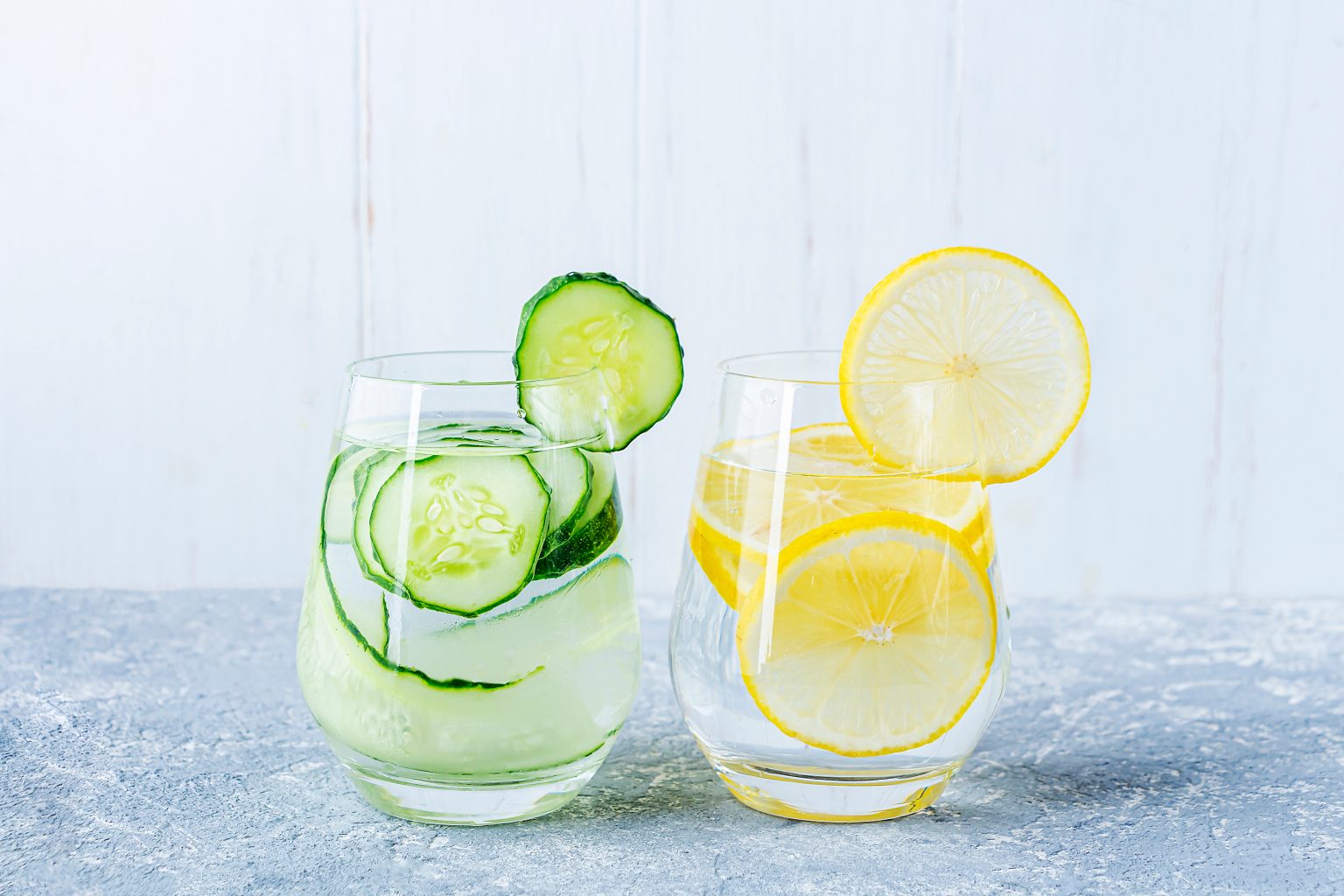Choosing between soda water and sparkling water can be confusing due to their similarities. Soda water is artificially carbonated and contains minerals, giving it a slightly salty taste. On the other hand, sparkling water is naturally carbonated from mineral springs and is often pure and natural.
While both can be used interchangeably in cocktails, the source and flavour can subtly alter the drink’s taste. Sparkling water is ideal for those who prefer a natural and clean taste, while soda water is better suited for those who don’t mind a hint of saltiness.
Understanding these differences helps in making the right choice for your beverage needs. Whether for mixing cocktails or refreshing hydration, knowing the unique qualities of soda water and sparkling water ensures the best selection for any occasion.
Composition and Production
The production and composition of soda water and sparkling water are distinct, with differences arising from their sources and the addition of minerals or other components.
Understanding Carbonated Water
Carbonated water is produced by dissolving carbon dioxide gas in water, which creates bubbles. The source of the water and the method of carbonation can vary. Natural carbonation occurs in spring water that has absorbed carbon dioxide gas naturally. Artificial carbonation involves injecting carbon dioxide into filtered water, commonly used in commercial beverages.
Key components that may be added include sodium bicarbonate, potassium bicarbonate, and sodium, which affect the taste and mineral content. Some waters may also contain calcium and magnesium for added flavour and health benefits.
Types of Carbonated Water
Different types of carbonated water include sparkling water, soda water, seltzer water, club soda, and tonic water.
- Sparkling Water: Naturally carbonated and retains minerals from its source, typically spring water.
- Soda Water: Artificially carbonated and often has added minerals like sodium bicarbonate and potassium bicarbonate.
- Seltzer Water: Artificially carbonated but typically does not have added minerals.
- Club Soda: Similar to soda water but with additional sodium and other minerals.
- Tonic Water: Contains quinine and added sugar, in addition to being carbonated.
Each type has unique characteristics and is chosen based on preference and use.
Comparing Soda Water and Sparkling Water
Soda water is created by injecting carbon dioxide into filtered tap water with added minerals to enhance taste. Its mineral content includes sodium bicarbonate and other salts, giving it a slightly salty flavour.
Sparkling water, on the other hand, often comes from natural sources like springs. It naturally contains minerals and achieves carbonation through natural processes. These minerals can include calcium, magnesium, and potassium, providing a more neutral flavour compared to soda water.
The choice between the two depends on personal taste preferences and how they are used, whether for drinking plain or mixing in beverages.
Health and Nutrition
Soda water and sparkling water differ in their nutritional content and potential health effects. This section explores the hydration benefits, health concerns, and dietary considerations of these fizzy drinks.
Benefits of Hydration
Both soda water and sparkling water contribute to hydration, just like plain water. Staying hydrated helps maintain body temperature, lubricate joints, and support overall health. Fizzy drinks may be more appealing for those who dislike still water, encouraging them to drink more.
Sparkling water can make one feel full, which may help with weight management. Unsweetened versions contain no calories, making them a healthier alternative to sugary soft drinks.
Hydration Benefits:
- Maintains Body Functions: Supports digestion and circulation.
- Weight Management: Promotes satiety, reducing calorie intake.
- Preference: Fizzy texture can make water more enjoyable.
Potential Health Concerns
Sparkling water is slightly acidic with a pH of 3-4, which might affect dental health. Regular consumption can erode tooth enamel over time.
Adding sugar or artificial sweeteners to soda water can introduce calories and other health risks. High sodium levels in certain brands may also cause concerns, especially for those monitoring blood pressure.
Some people may experience bloating or gas due to carbonation. Though usually harmless, these side effects can be uncomfortable.
Health Concerns:
- Tooth Enamel: Acidic nature can impact dental health.
- Sodium: High levels in some brands may affect blood pressure.
- Bloating: Carbonation may cause discomfort in some individuals.
Dietary Considerations
For those aiming to reduce sugar intake, sugar-free and zero-calorie sparkling waters are beneficial. They provide a fizzy alternative without the adverse effects of sugary soft drinks or high-fructose corn syrup.
People should check labels for sodium content and avoid brands with added sugars or artificial sweeteners like aspartame and sucralose. Sparkling water with added flavours should be chosen carefully to avoid unnecessary additives.
Dietary Tips:
- Read Labels: Check for added sugars and sodium content.
- Sugar-Free Options: Choose unsweetened or zero-calorie versions.
- Flavours: Opt for natural flavouring without additives.



